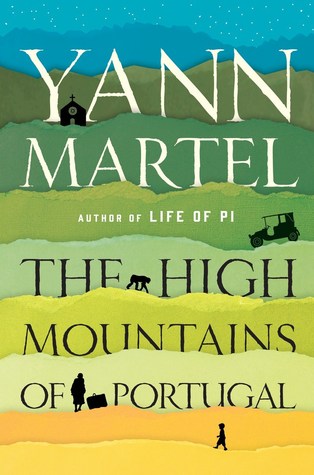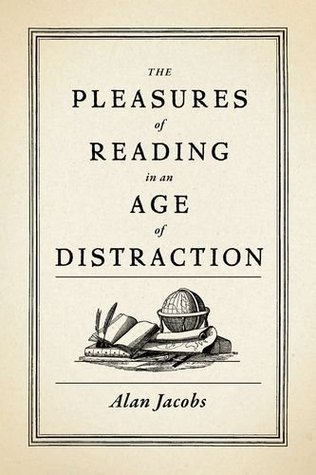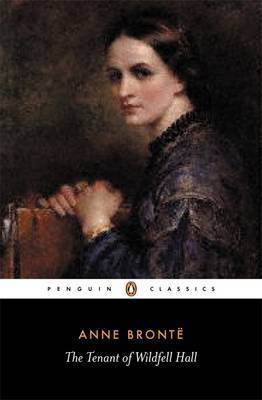In the memorable first scene in George Eliot’s novel Daniel Deronda, the independent Gwendolyn Harleth gambles with relatives at a roulette wheel while Daniel of the title watches her. They both exchange glances but don’t exchange words. To obtain more money, Gwendolyn pawns a necklace that later Daniel buys and returns to her – still without exchanging words.
They eventually talk and Daniel expresses to Gwendolyn his thoughts about gambling: in order to win someone else has to lose.
So many ideas get crammed beautifully together in this scene – social, political, economical, even theological.
Something about gambling and games of chance align well with Gwendolyn’s character and her socioeconomic status. But its more than her society-defying, rebellious and independent nature. It’s more about how a woman like Gwendolyn has difficulty finding purpose in her life when her society says her only purpose is to be married. Everything else seems left to chance.
Meanwhile, Mordecai stands on a bridge because he has a certainty someone will cross his path to pick up where he has to leave off in his life’s work as a Zionist attempting to establish a homeland for the Jewish people of which he is a member:
The one thing he longed for was to get as far as the river, which he could do but seldom and with difficulty. He yearned with a poet’s yearning for the wide sky, the far-reaching vista of bridges, the tender and fluctuating lights on the water which seems to breathe with a life that can shiver and mourn, be comforted and rejoice.
Mordecai’s path does cross with Daniel Deronda’s and Mordecai’s continuing purpose provides new purpose to Daniel. And Daniel’s world continues to cross paths with Gwendolyn’s. Eliot keeps the reader guessing until the end as to their relationship spinning a nice, long tale of loves – both fulfilled and unrequited, of a world of chance and purpose, of winners and losers.













